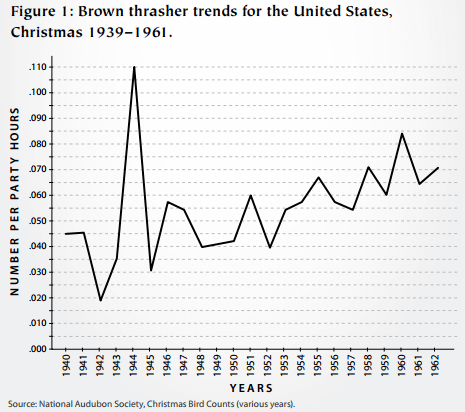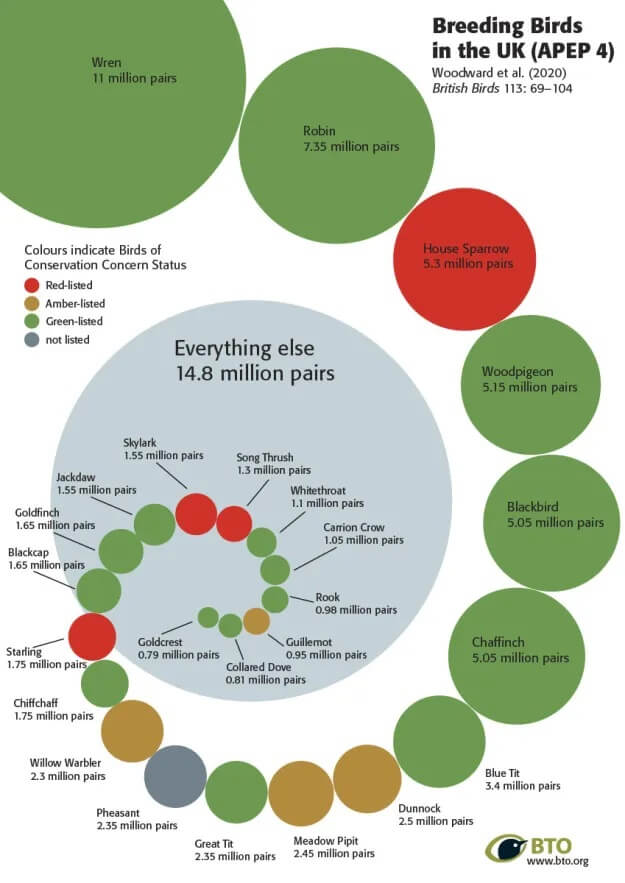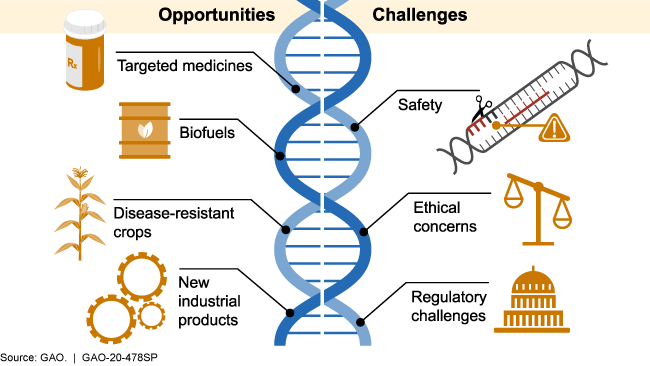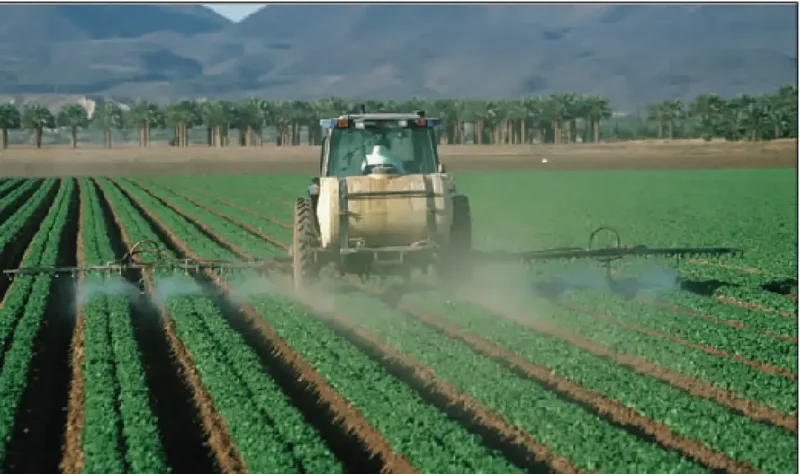Three leading farmers have accused the [Royal Society for the Protection of Birds, or] RSPB of irresponsible scaremongering by claiming that a ‘cocktail’ of pesticides used by British farmers is harming wildlife, without presenting any new data or evidence.
The farmers warned that the inflammatory language used by the RSPB, and their unsubstantiated claims about the link between pesticide use and biodiversity loss, risked damaging the practical working relationship between the NGO and individual farmers.
They also said the RSPB’s claims ignored the enormous progress made by farmers at grass-roots level to optimise the balance between productive agriculture and nature conservation, for example by adopting more integrated approaches to pest and disease control in crops, and by introducing more wildlife-friendly practices on farms such as buffer strips and field margins planted with wildflower seed mixes.
Farmer and conservation expert Dr Alastair Leake said:
“This is really disappointing from the RSPB. By invoking Rachel Carson’s Silent Spring from 60 years ago, and without any new academic analysis or review, this is little more than irresponsible scaremongering. I take particular offence at the RSPB’s suggestion that ‘we have sleepwalked into chemicals being the norm’, conveying the impression that farmers are blindly applying chemicals as the first solution when in fact the opposite is the truth. It really is a Carsonesque statement ignoring six decades of progress.”

“Our own practical experience of integrated crop management, including careful disease monitoring and precision application of pesticides on a ‘when needed’ basis, has shown that farming and nature conservation can go hand in hand. Contrary to the RSPB’s assertion that farmland bird populations have halved, our farmland bird numbers have nearly doubled, crop yields have increased, and we continue to use pesticides across all the farmed land. Given the need to maintain a secure and affordable food supply, surely ours is an experience the RSPB should be sharing and advocating, rather than campaigning for arbitrary pesticide reduction targets.”

East Yorkshire mixed farmer Paul Temple said:
“Our experience of integrated crop management, and particularly the adoption of no-till cropping systems, has brought a significant increase in farmland wildlife activity on and around the farm, from small mammals in the field to a greater diversity of farmland birds. Like the RSPB, I’m interested in finding alternative solutions to controlling crop pests and diseases, which can reduce yields by 30-40%. One of the most exciting new approaches – gene editing technology – is currently being discussed by MPs at Westminster. More precise breeding techniques open up the prospect of more durable sources of pest and disease resistance in crops, so protecting crop yields while also reducing the need for pesticides. The RSPB appears stuck in a time-warp of anti-pesticide propaganda – but I’d like to know where they stand on the issue of gene editing as a way to help farmers reduce their dependence on chemical means to protect their harvests.”

Northumberland farmer Matt Ridley said:
“I’m not entirely sure why the RSPB has suddenly decided to launch this impromptu attack on farmers’ use of pesticides, apparently without any new evidence of harm. Their use of inflammatory language such as ‘harmful cocktail of chemicals’, and harking back to Rachel Carson’s Silent Spring as an evidence base, is clearly intended to sow fear and uncertainty about modern farming practices. By pandering to ill-informed prejudice in this way, the RSPB risks damaging its own credibility as a source of practical conservation advice among farmers and their advisers.”
Daniel Pearsall is an independent consultant specialising in communication and policy development in the farming, food chain and agri-science sectors. He runs a small livestock farm in Scotland. He co-ordinates the Science for Sustainable Agriculture initiative. Find Daniel on X @DanielPearsall5
Science for Sustainable Agriculture (SSA) is a new policy and communications platform, offering a focal point for information, comment and debate around modern, sustainable agriculture and food production. A version of this article was posted at Science for Sustainable Agriculture and is used here with permission. Check out Science for Sustainable Agriculture on X @SciSustAg































